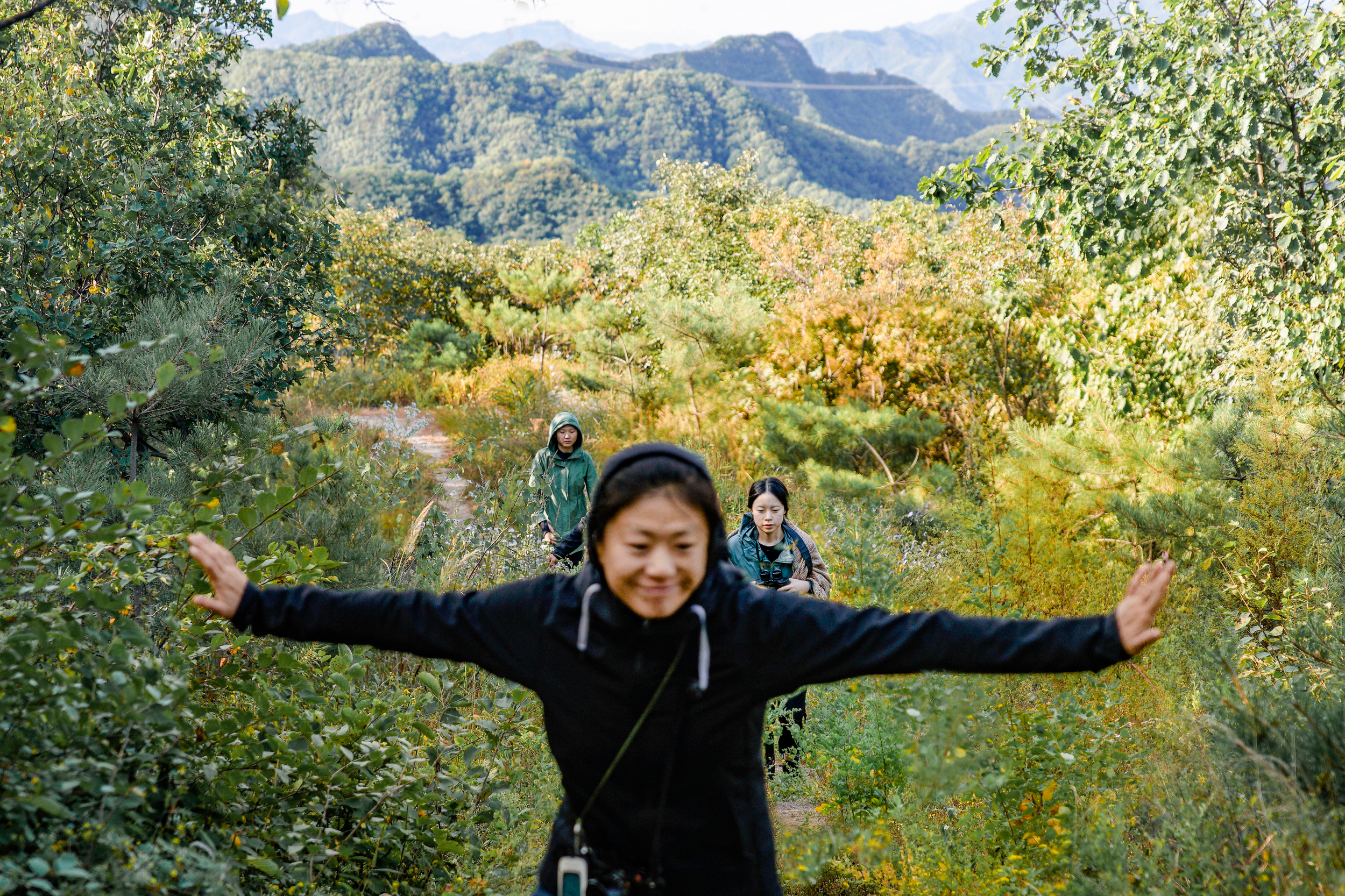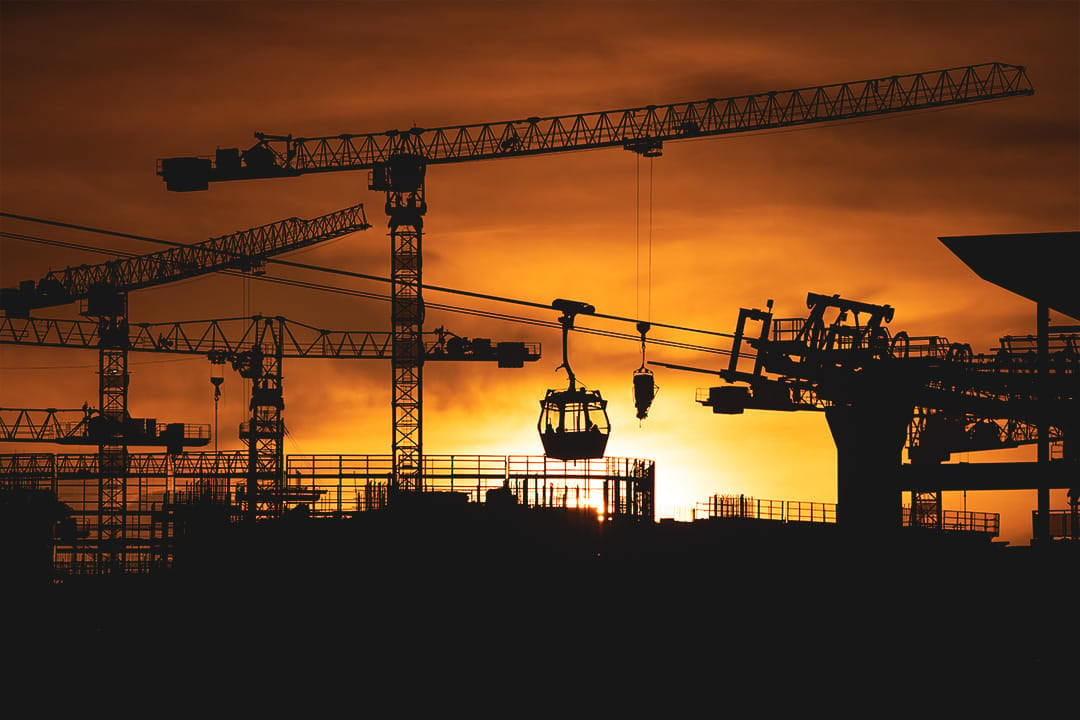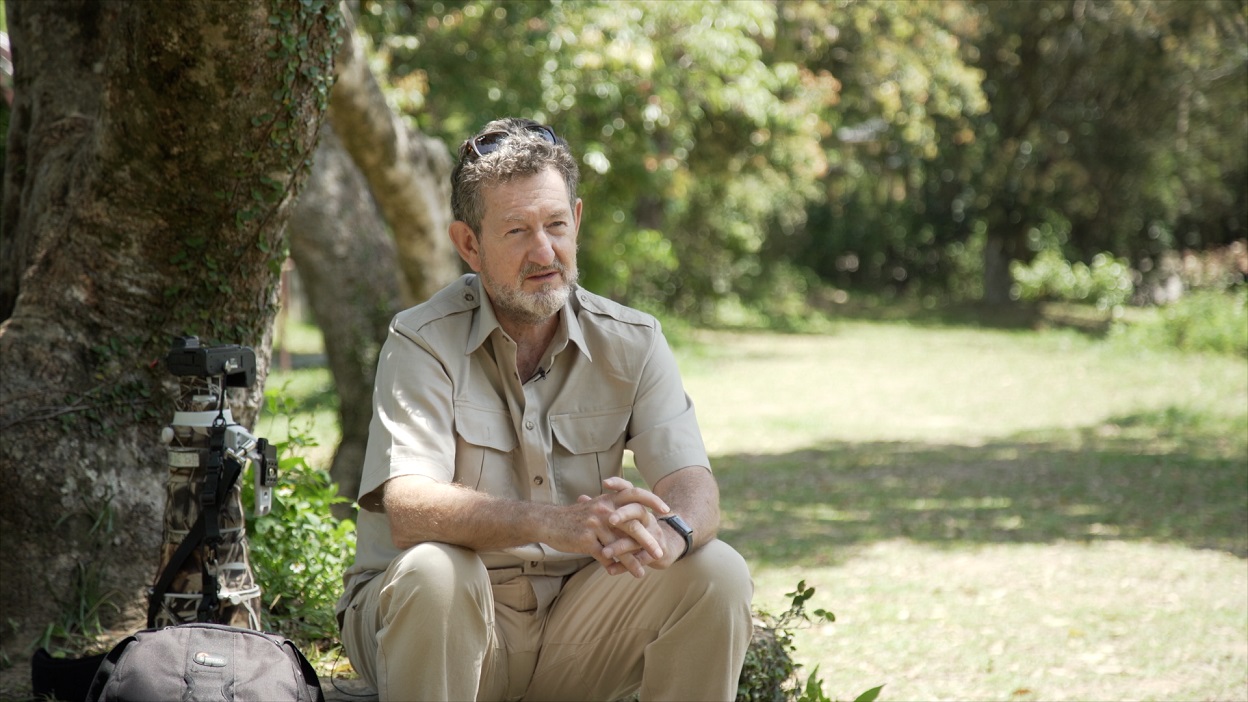It’s impossible to overstate the importance of forests to our lives and particularly the Congo Basin Rainforest. The world’s second largest rainforest spreads across six African countries and is home to over 10,000 species of plants, 43 different primate families and thousands of species of animals many of which can’t be found anywhere else on the planet.
One of our last remaining ancient rainforests, the Congo Basin provides shelter, food and livelihoods for tens of millions of people. A living, breathing tangle of communities, diverse ecosystems and rare wildlife, it is also a powerful weapon in the fight against climate change, trappping millions of tons of harmful greenhouse gasses.
It’s a stunning and truly unique part of the world, and it’s being devoured by illegal logging.
How the Congo Basin’s future is hanging in the balance- and how China could hold the key to protecting it.
It’s a critical time for the Congo Basin. Rampant illegal logging is driving deforestation on a massive scale. Between 2000 and 2013, Congo Basin countries lost approximately nine million hectares worth of intact forest land, and that number is growing. In the Democratic Republic of the Congo, home to 60% of the Congo Basin’s rainforest cover, the government is moving to lift a moratorium on logging concessions in the country. This could open up an area of untouched rainforest the size of France to destructive forest clearing.
China is the world’s largest importer of timber from the Congo basin, bringing in almost half of all the log exports from the region. With illegal logging happening on such a wide scale, it’s not hard to join the dots and find that illegally sourced wood is very likely ending up in Chinese ports, and potentially further. China is also the world’s largest wood processing industry, so through its ports, illegally sourced wood can be distributed across the world.
China currently has no binding legislation to ensure their supply chains are free from illegally sourced wood, meaning that importers are relying on goodwill alone to prevent illegal destruction of the forest.
Greenpeace uncovered huge stockpiles of CCT wood in the Chinese port of Zhangjiagang -a company that is currently being investigated for purchasing illegally felled wood. Compagnie de Commerce et de Transport (CCT) is the largest exporter of logs from Cameroon.
Greenpeace’s on the ground research in Cameroon revealed concerns that CCT is buying substantial amounts of logs from firms which may be operating illegally.
Possibility for change
Protecting the Congo Basin is no easy feat. The area spans six different countries most of which suffer challenges of corruption and a lack of political will to crack down on illegal loggers.
However, China’s enormous purchasing power could bring about desperately needed change.
China and the EU are currently discussing the issue in annual bilateral talks. In 2013 the EU set up regulations (EUTR) to enforce due diligence on importers of timber. In the past couple of years, lack of implementation has allowed illegally -sourced timber to reach EU markets, but this could change. A fortnight ago, Holland took Dutch timber company Fibois BV in Purmerend to task for failing to ensure that their imports from CCT aren’t illegally logged.
If China takes similar steps to enforce due diligence and binding legislation to keep its timber trade supply chains clean, it could deal a powerful blow to the flagrant illegal logging threatening the region.
Instructing the top 20 Chinese traders – which control more than 80% of the total volume of logs brought into China from the Congo Basin – to exercise control over their supply chains and apply due diligence to curb illegal timber entering the Chinese market could be the first step.
 China has the means to protect the Congo Basin and what’s more, it has a responsibility. Recent reports show that China’s degraded forests have begun to regenerate, but the price is being paid by countries that export timber here.
China has the means to protect the Congo Basin and what’s more, it has a responsibility. Recent reports show that China’s degraded forests have begun to regenerate, but the price is being paid by countries that export timber here.
Considering the vital importance of the Congo Basin, that’s too heavy a price to pay.
Add your voice to stand for the Congo Basin here.
Shuxuan Chen is a Forests Campaigner for Greenpeace East Asia




